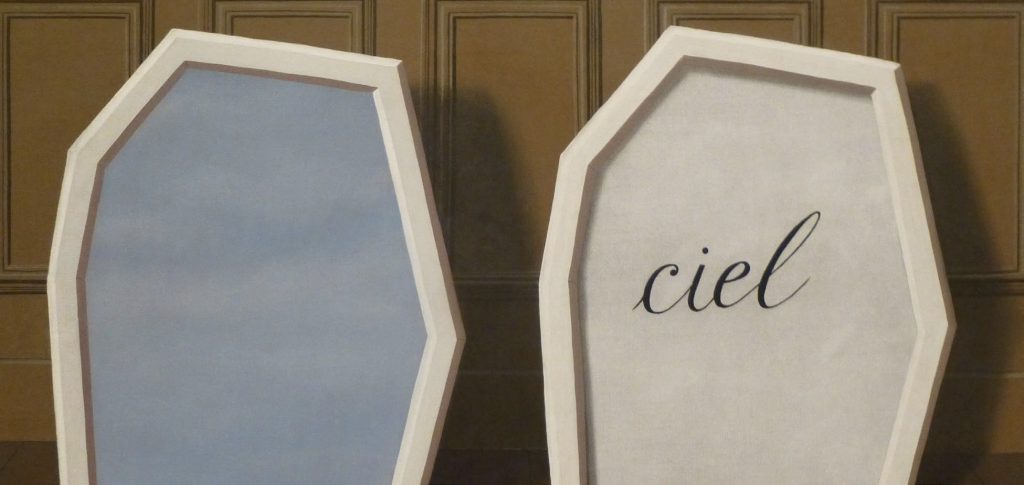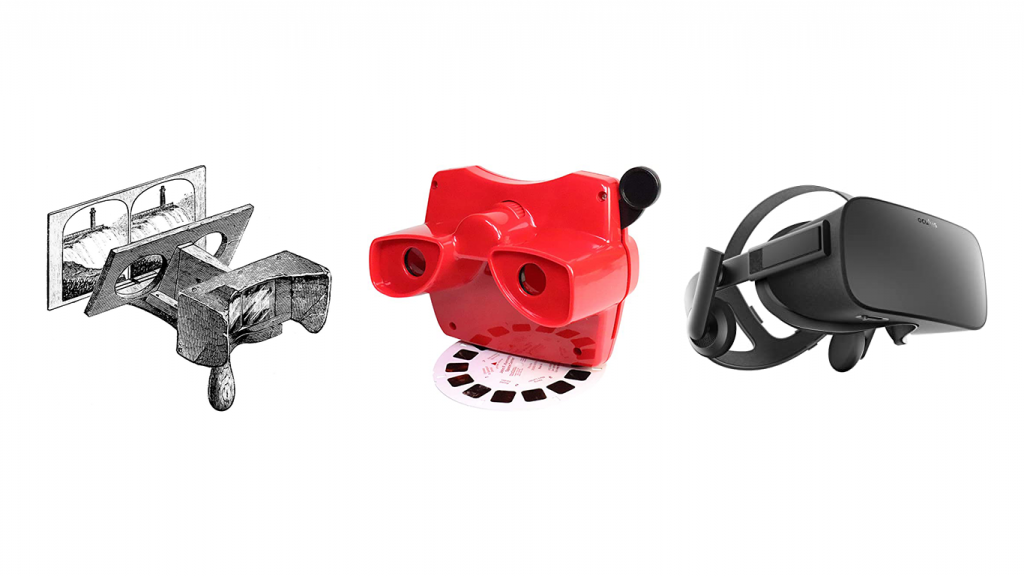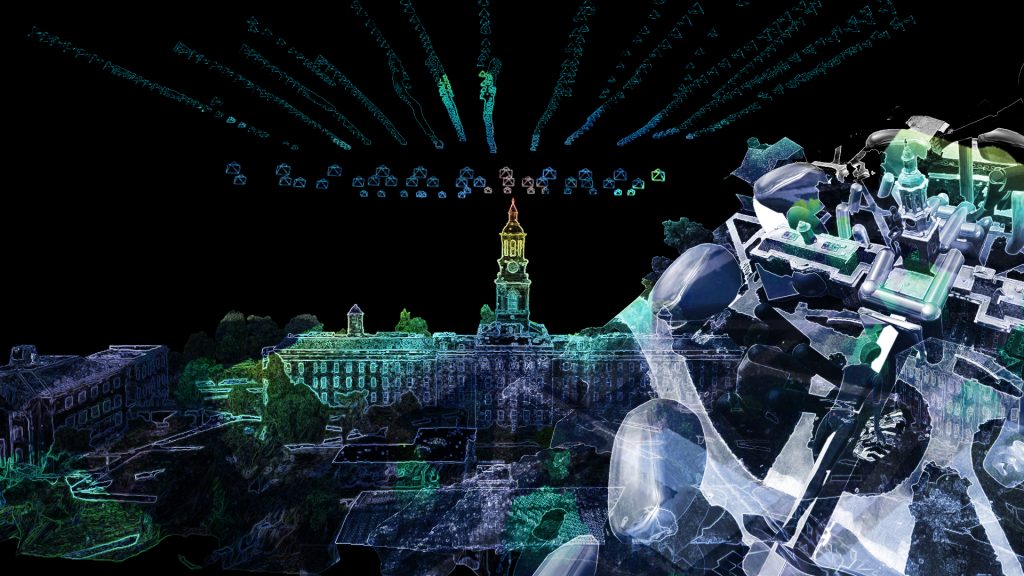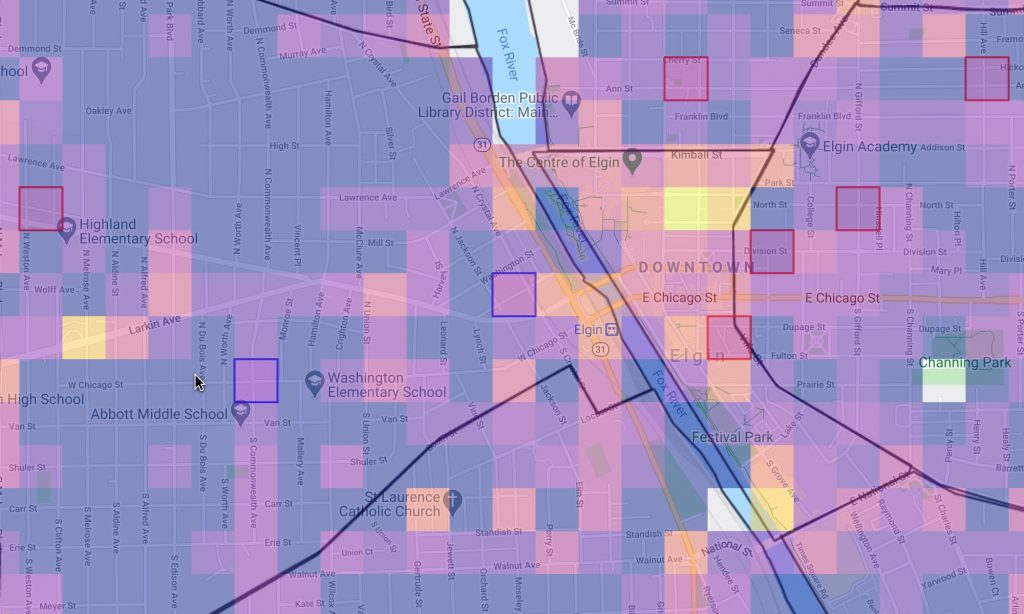
Instructor: Nick Bruscia
ARC 605
Fall 2023
Fidelity – the degree of exactness with which something is copied or reproduced, and/or, the degree to which a model or simulation reproduces the state and behavior of a real-world object, feature, or condition
Tolerance – an allowable amount of variation of a specified quantity, and/or, the ability or willingness to tolerate something, in particular [technologies and techniques] that one does not necessarily [align] with
DESCRIPTION:
This studio will research the potential advantages and pitfalls of integrating mixed reality (MR) into well-established methods of handwork in a variety of contexts (local craft, manufacturing workflow, material production, etc). MR involves overlaying digital information onto the real-world environment, providing users with a composite view that combines physical and digital elements.
Student work will attempt to bridge manual and digital epistemologies with new MR visualizations and fabrication workflows. The use of MR is rapidly gaining momentum in both academic and professional settings, for use in architectural design research and construction on and off site. MR is an extension of digital and computational modeling proficiency that has significantly reshaped the AEC industry, and MR presents a new educational paradigm as this area of expertise becomes more widespread and in demand.
The pairing of terms ‘fidelity’ and ‘tolerance’ considers how digital technologies can interface with manual crafting and tacit knowledge. This frames ‘situated technologies’ into a set of communicative acts by acknowledging that technology consists not only of the machines, devices, and software, but more importantly the relationships between instruments, people, and fields of knowledge. The goal is not to replace or improve upon the handwork of tradesfolk, but to facilitate a more reverent workflow between design and production and representation and realization. This will help frame our research and the intention of our work, as well as our recognition that informal technological knowledge has distinct epistemological characteristics.
The influence of the technical arts on traditional forms of architecture has carried through to present day, reinvented by the accessibility of advanced digital tools and manufacturing equipment. With technical expertise comes material and structural innovation, and it is essential that architectural research transcend the traditional borders of our discipline to creatively address an increasingly unpredictable environment.




